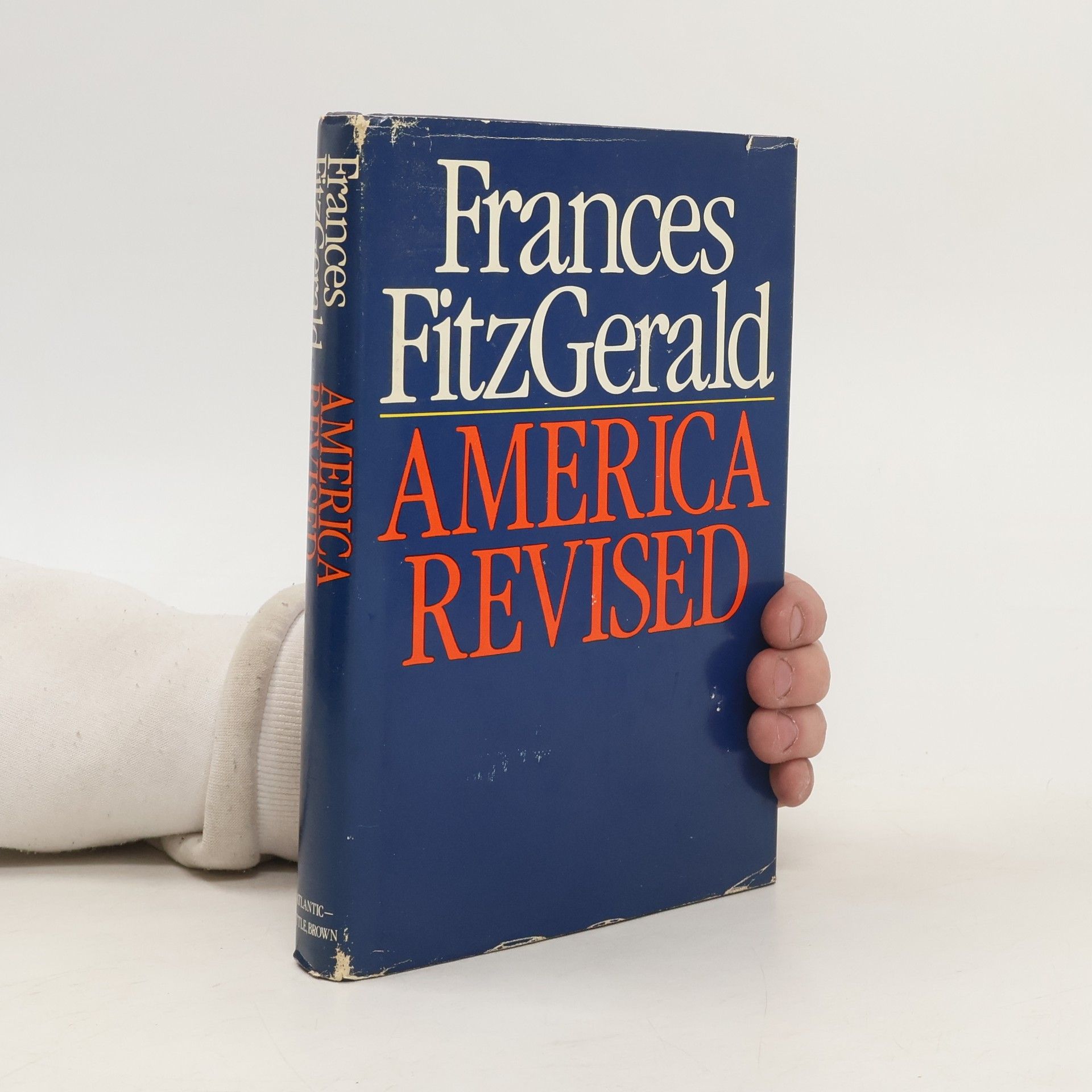Fire in the Lake. The Vietnamese and the Americans in Vietnam
- 661 pages
- 24 hours of reading
Sensitively examines the American intervention in Vietnam against its Vietnamese historical setting.



Sensitively examines the American intervention in Vietnam against its Vietnamese historical setting.
FitzGerald's polemic analysis argues that contemporary texts reflect current social quarrels, frequently distorting history into propaganda
"We must consider that we shall be a City Upon a Hill, the eyes of all people upon us," John Winthrop told his Pilgrim community crossing the Atlantic to found the Massachusetts Bay Colony. Four centuries later, Americans are still building such cities. In Cities on a Hill Pulitzer Prize-winner Frances FitzGerald explores this often eccentric, sometimes prophetic inclination in America. With characteristic wit and insight she examines four radically different communities: a fundamentalist church, a guru-inspired commune, a Sunbelt retirement city, and a gay activist community. All embody a visionary drive to shake off the past and build anew. Each regards itself as an exemplar of a new consciousness, or a new way of living, or both. FitzGerald here gives eloquent voice and definition to a quintessentially American impulse. It is a resonant work of literary imagination and journalistic precision.